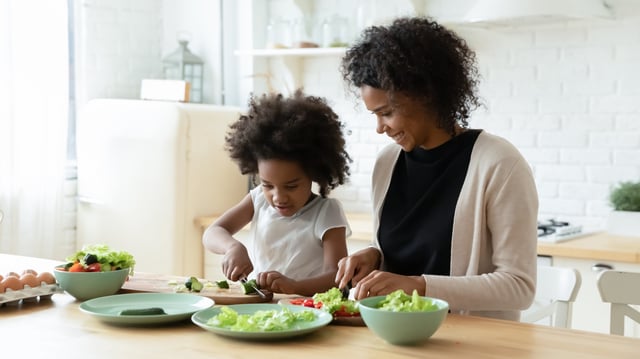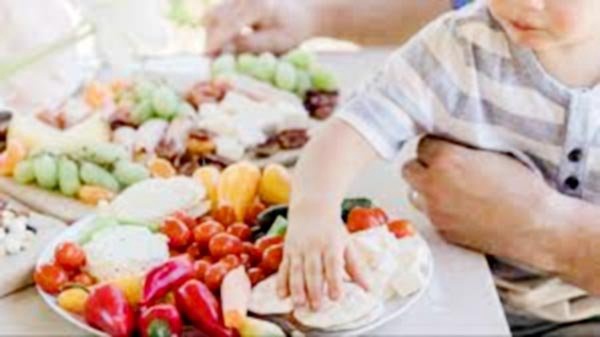Overview
- Children who consistently showed kindness, sharing and cooperation at ages five, seven and eleven reported higher fruit and vegetable intake at fourteen and seventeen.
- The analysis draws on more than 20 years of data from the UK Millennium Cohort Study, following a nationally representative sample from birth.
- Investigators adjusted for early eating behaviors, socioeconomic status and parental marital status to reduce potential family climate confounding.
- Prosocial actions are believed to strengthen social connections, improve mood and boost stress resilience, which can influence healthier food choices.
- Study authors recommend asset-based interventions that build on empathy and cooperation in early life to support lasting healthy eating patterns.


